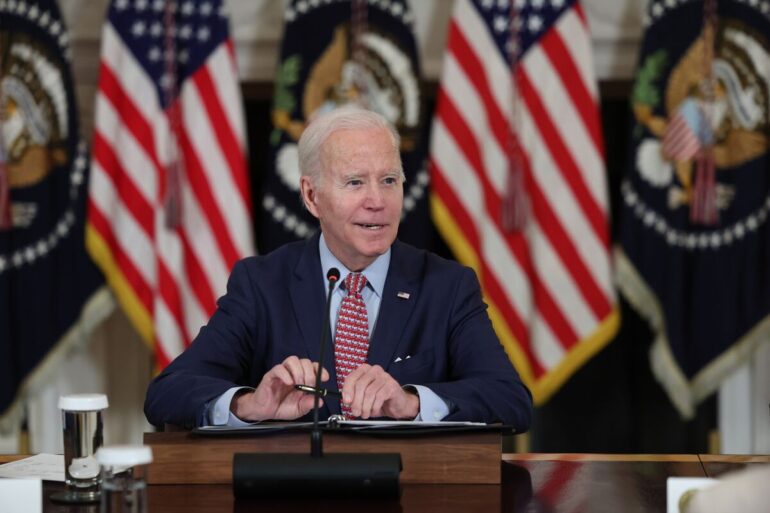TL;DR:
- IBM, Palantir, Adobe, and Salesforce are set to join President Biden’s AI safeguard effort.
- The White House aims to shape AI technology responsibly without waiting for congressional action.
- An agreement with tech giants like Microsoft and Google emphasizes trust and safety in AI.
- Companies agree to allow third-party scrutiny of their AI models for vulnerabilities (red-teaming).
- Scale AI, Stability AI, and Cohere also commit to these principles.
- Senate Majority Leader Schumer hosts “AI insight forums” to strengthen AI legislation.
- The Biden administration plans to share voluntary commitments with other nations for global AI regulation leadership.
Main AI News:
In an upcoming development set for September 12, prominent companies such as IBM Corp., Palantir Technologies Inc., Adobe Inc., and Salesforce Inc. are poised to join President Joe Biden’s pioneering initiatives in the realm of artificial intelligence (AI). The White House is taking proactive measures to shape the future of this transformative technology without relying on congressional deliberations, reinforcing its commitment to AI’s responsible and ethical deployment.
This strategic move follows a landmark agreement reached in July with tech giants like Microsoft Corp. and Alphabet Inc.’s Google. The core objective of this collaborative effort is to prioritize trust and safety as the foundational principles governing the most potent AI systems. In line with this commitment, these companies are opening up their frontier AI models to external scrutiny—a practice referred to as red-teaming—allowing third parties to assess their vulnerabilities.
Notably, Scale AI Inc., Stability AI Ltd., and Cohere Inc. are also embracing these voluntary commitments, marking a significant expansion of this initiative’s reach. While the White House is yet to formally announce this undertaking, these companies’ dedication underscores its relevance and significance in shaping the AI landscape.
The White House’s unwavering focus on AI underscores the technology’s pivotal role in reshaping the global economy. It also highlights the constraints the administration faces in advancing AI governance without comprehensive congressional support. Senate Majority Leader Chuck Schumer has recognized the transformative potential of AI, emphasizing its “world-altering” impact. In response, he has pledged to advocate for legislation that not only strengthens safety measures but also fosters innovation within the United States.
To drive this agenda forward, Schumer has initiated a series of “AI insight forums,” commencing on September 13. This exclusive day-long event, hosted discreetly within a Senate office building, will feature influential figures such as Microsoft’s Satya Nadella, Google’s Sundar Pichai, Meta Platforms Inc.’s Mark Zuckerberg, and Tesla Inc.’s Elon Musk.
Beyond domestic efforts, the Biden administration intends to share these voluntary commitments with other nations during forthcoming discussions on AI at the United Nations General Assembly and a UK AI summit scheduled for November. The overarching aim is to encourage a coalition of countries to endorse these standards, allowing the United States to establish itself as the global benchmark for AI regulation. This proactive stance enables the U.S. to lead in AI governance without waiting for congressional legislation to catch up with the pace of technological advancement.
Conclusion:
This collaborative effort among industry leaders underscores the growing importance of responsible AI deployment. It signifies a proactive approach to addressing AI’s transformative impact on the global economy. However, the dependence on voluntary commitments highlights the limitations of regulatory progress in the absence of comprehensive congressional action, which remains crucial for sustaining innovation while ensuring safety in AI.

